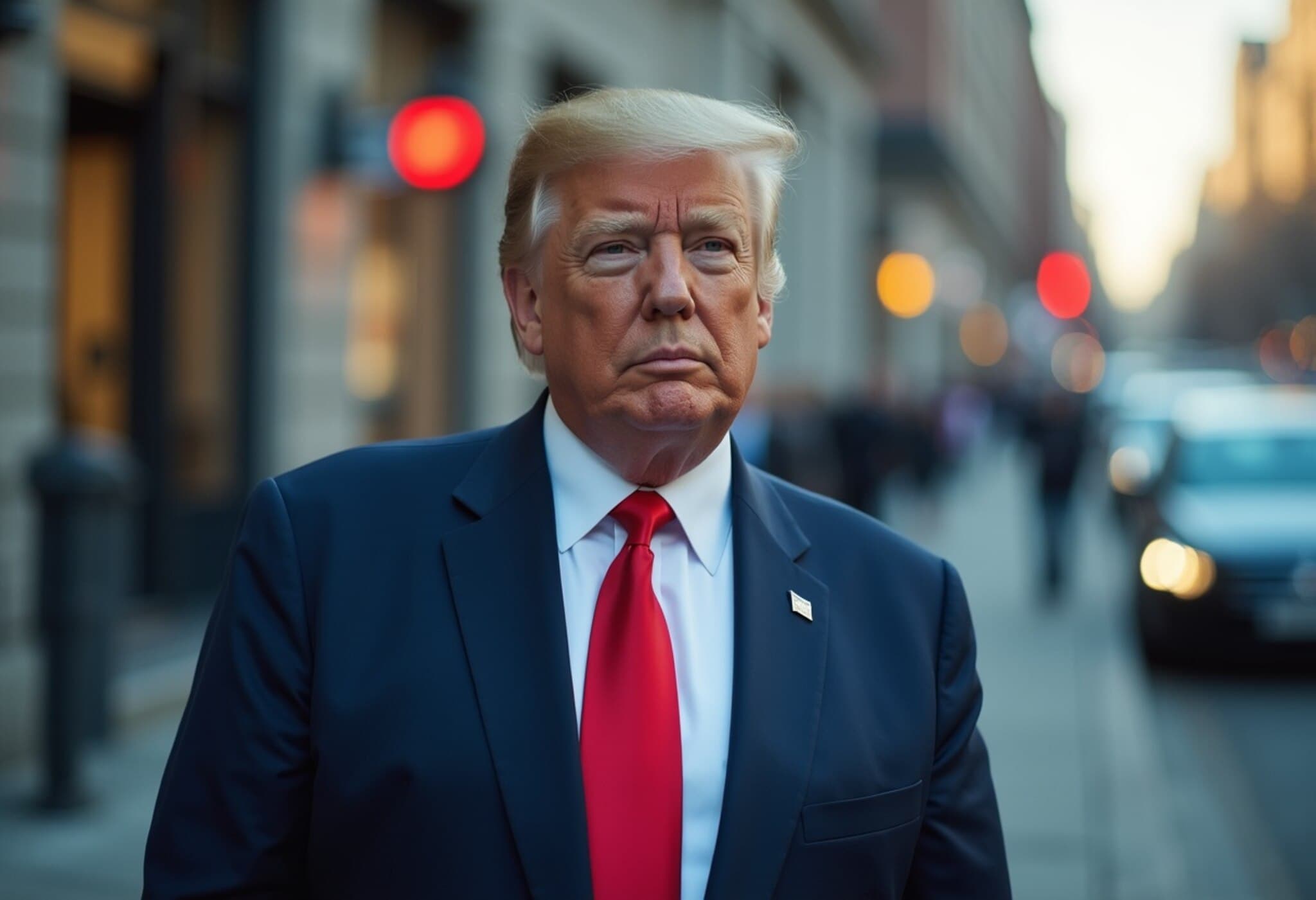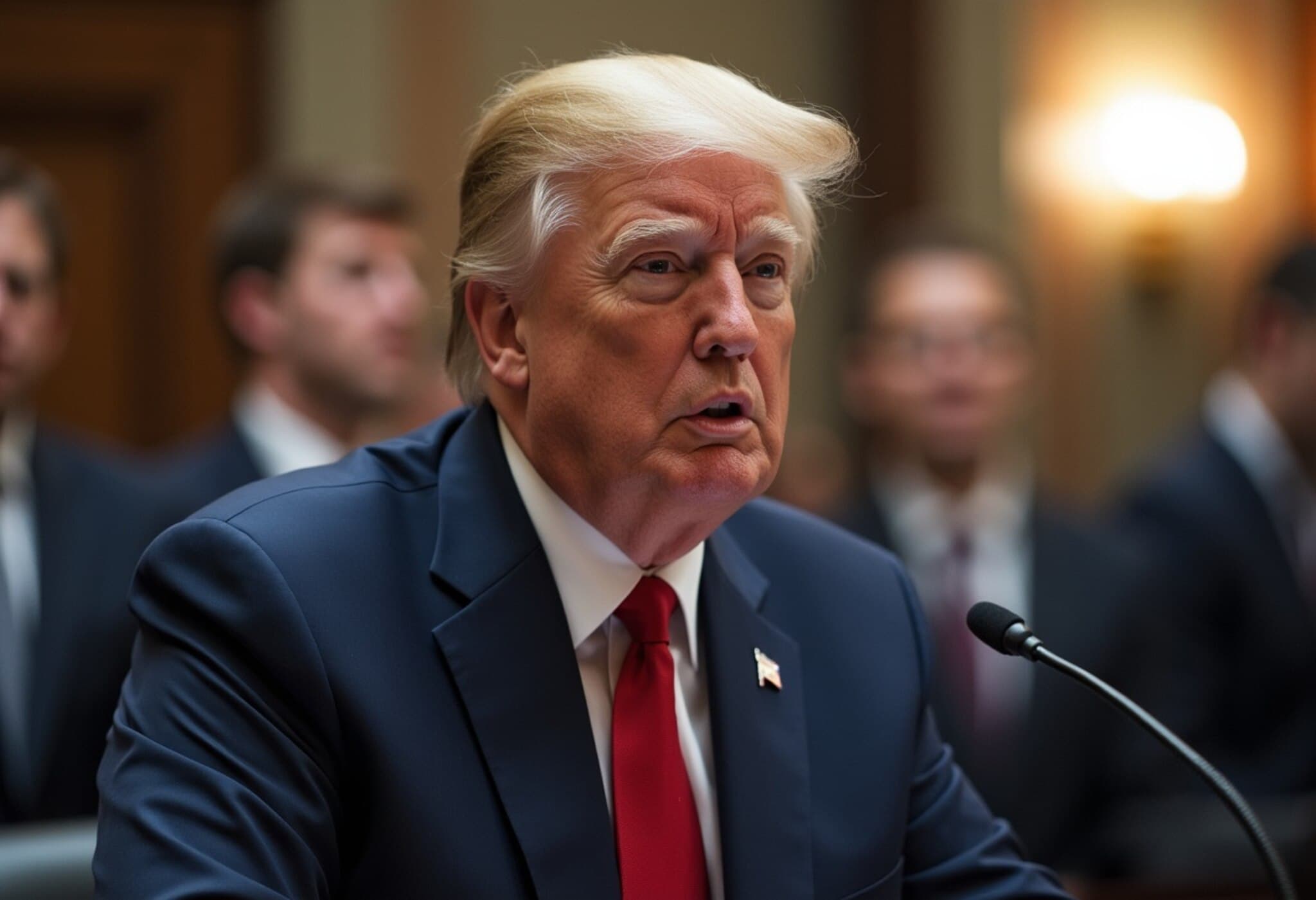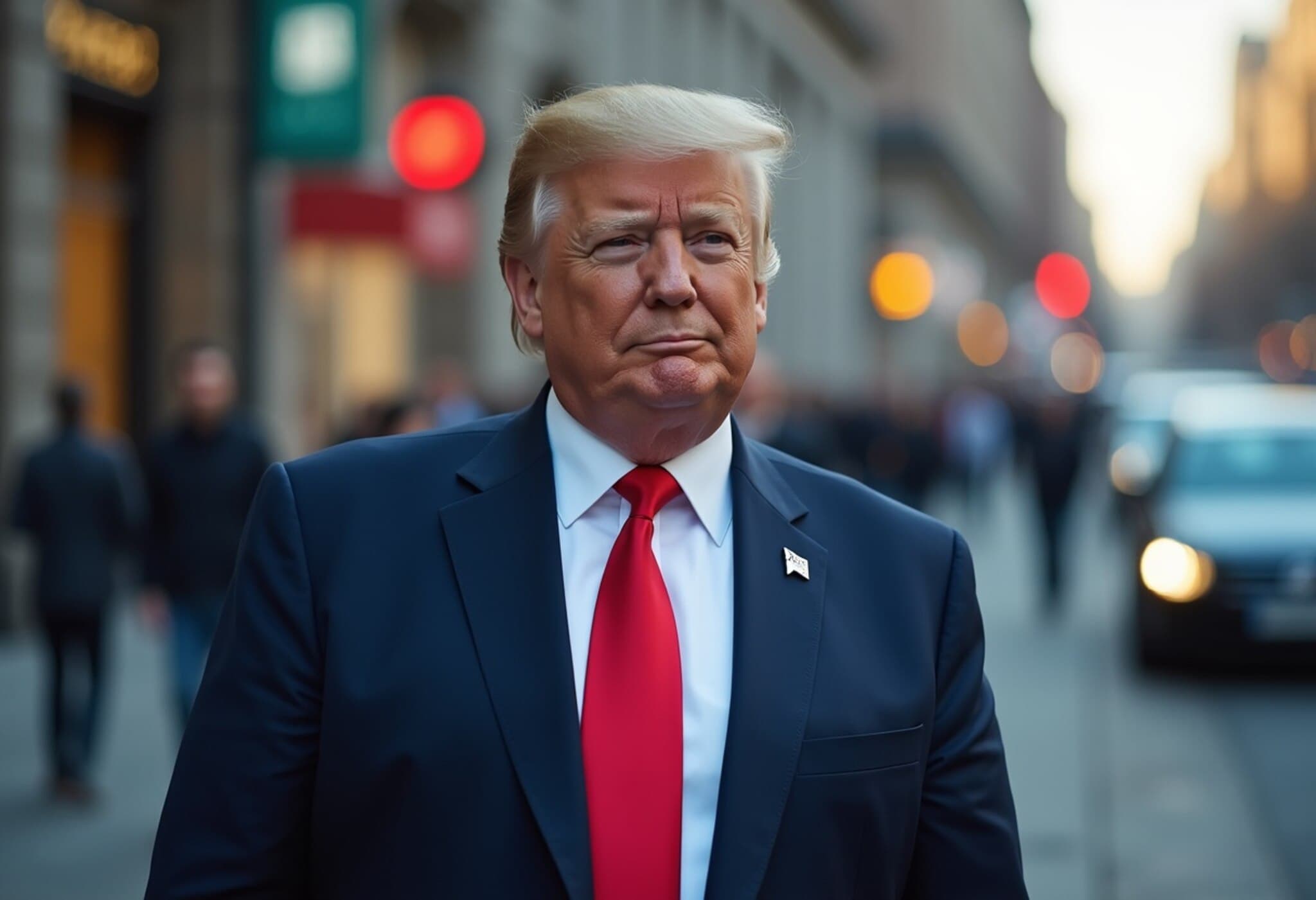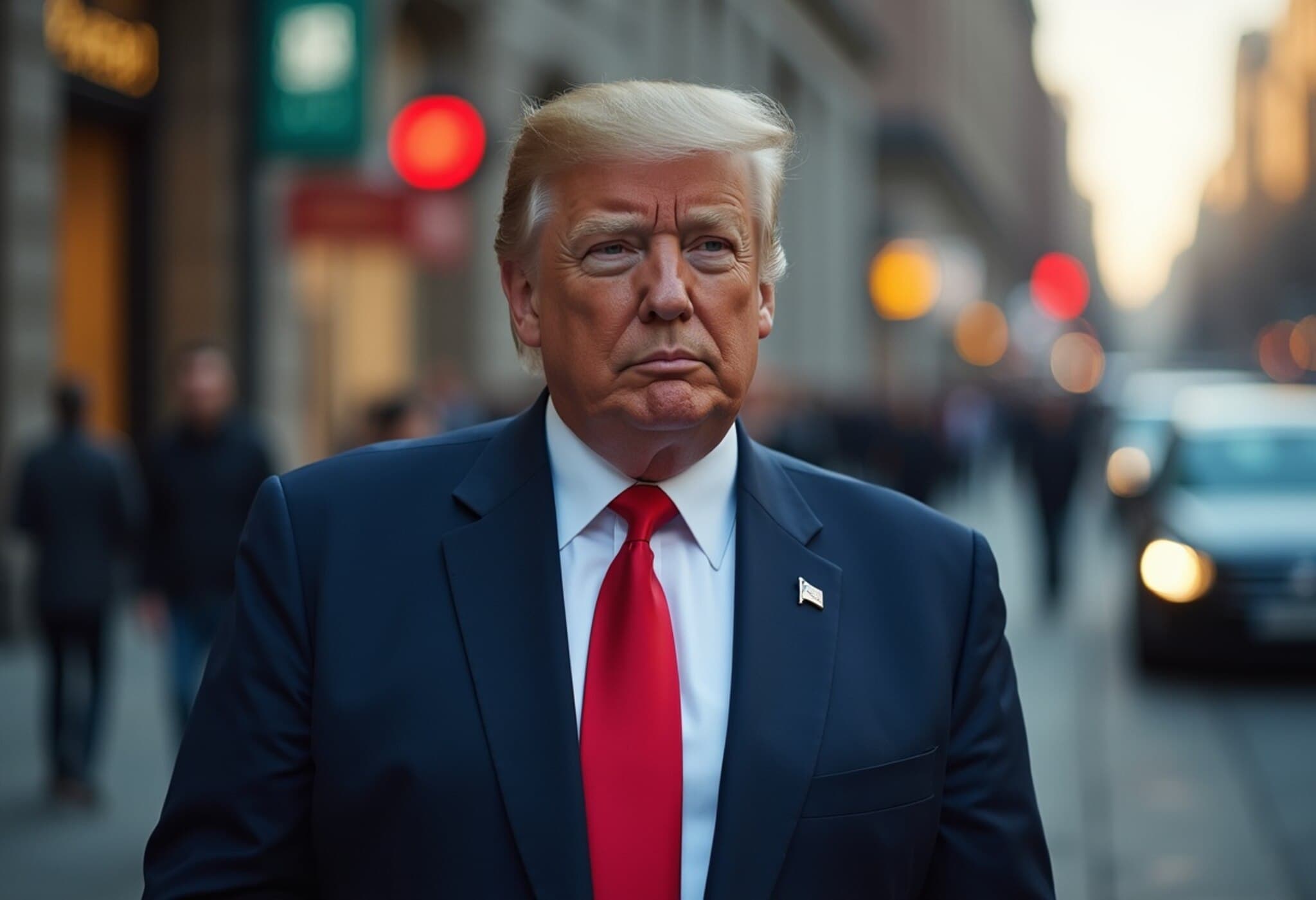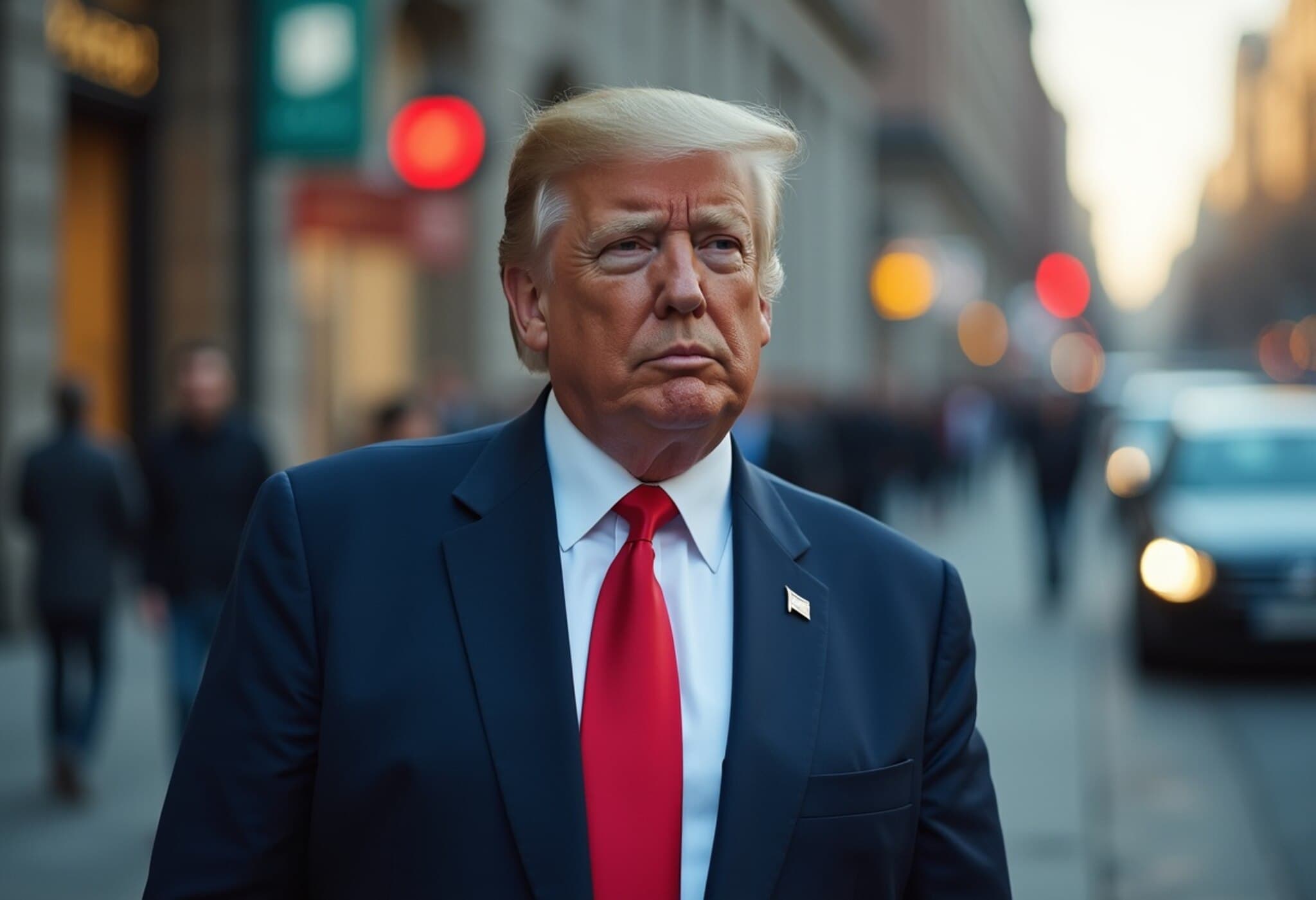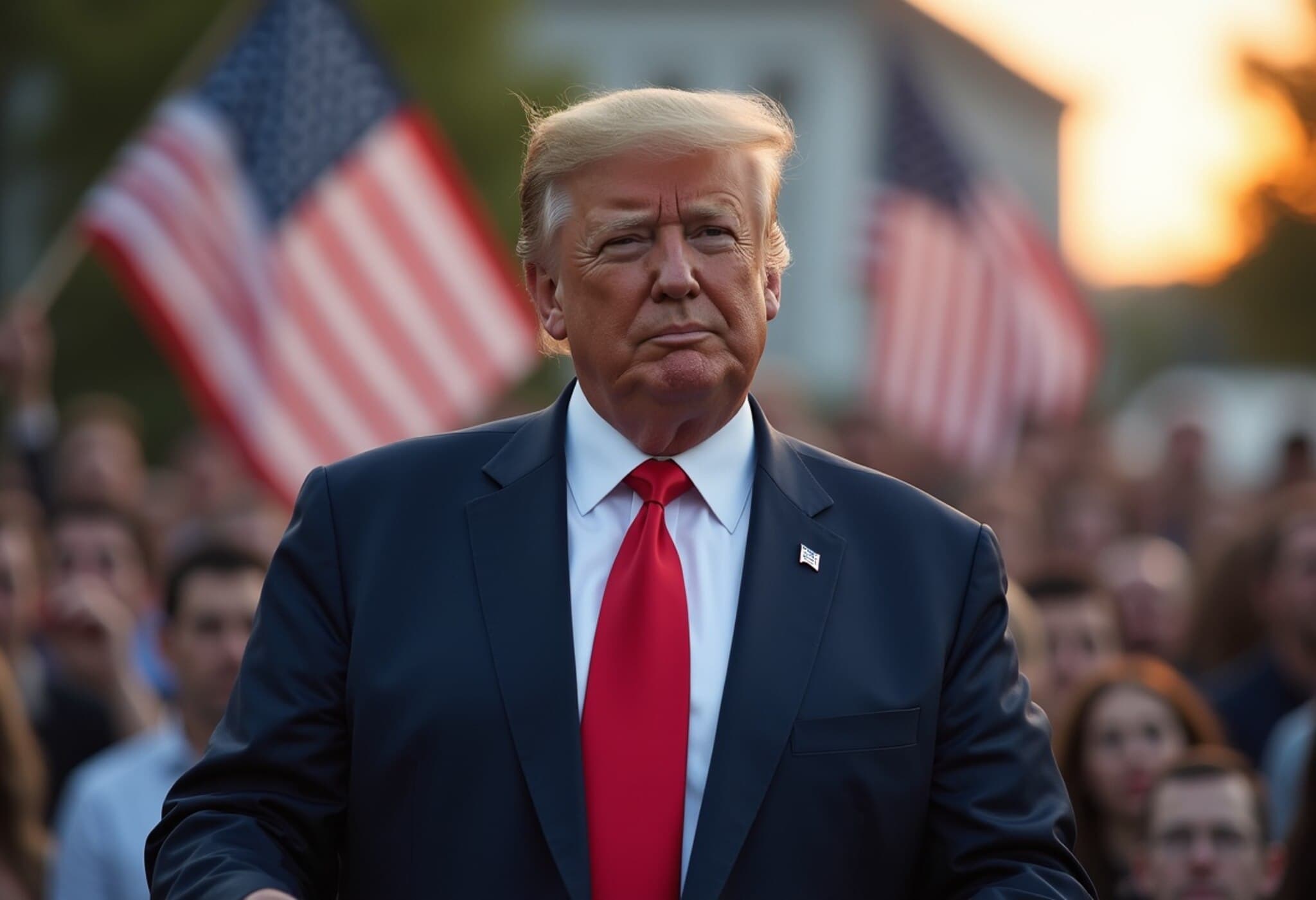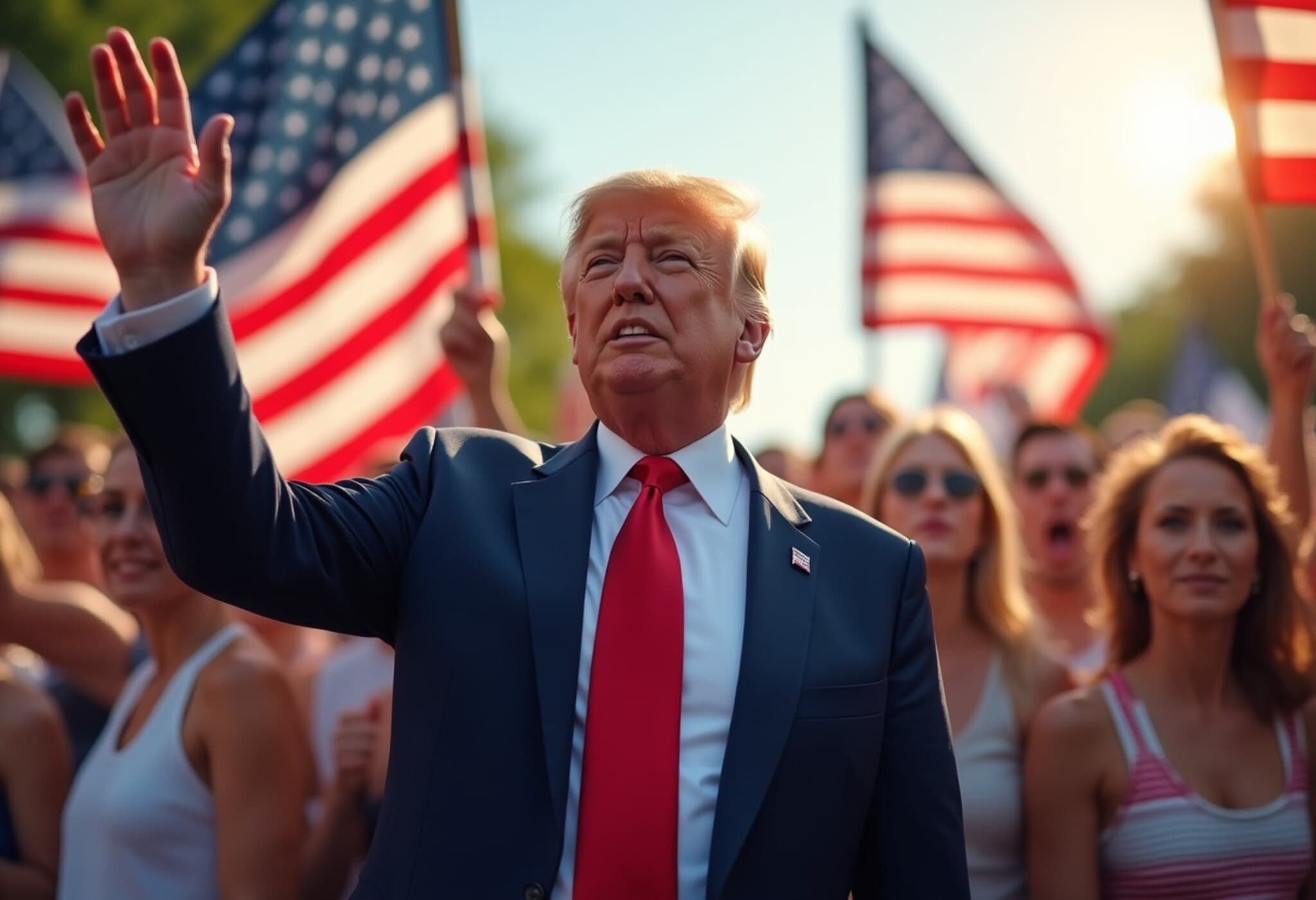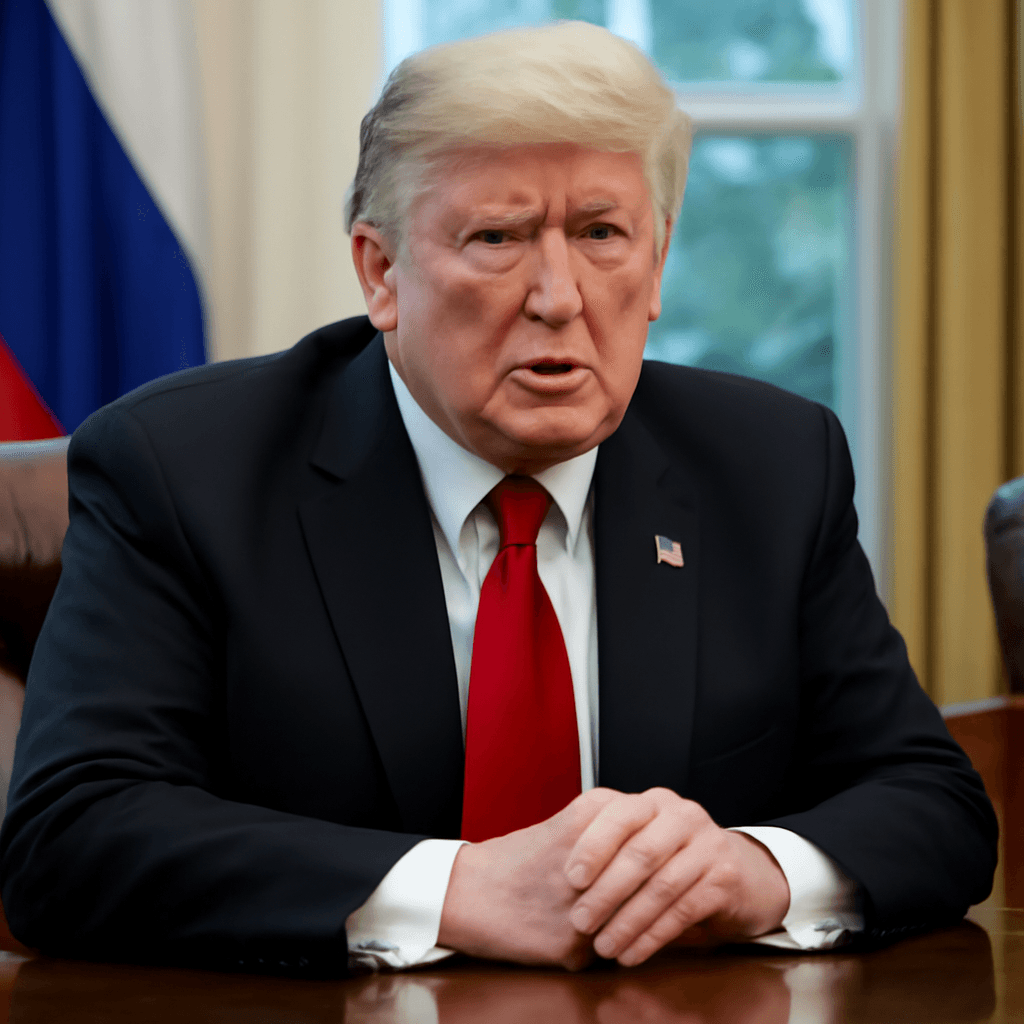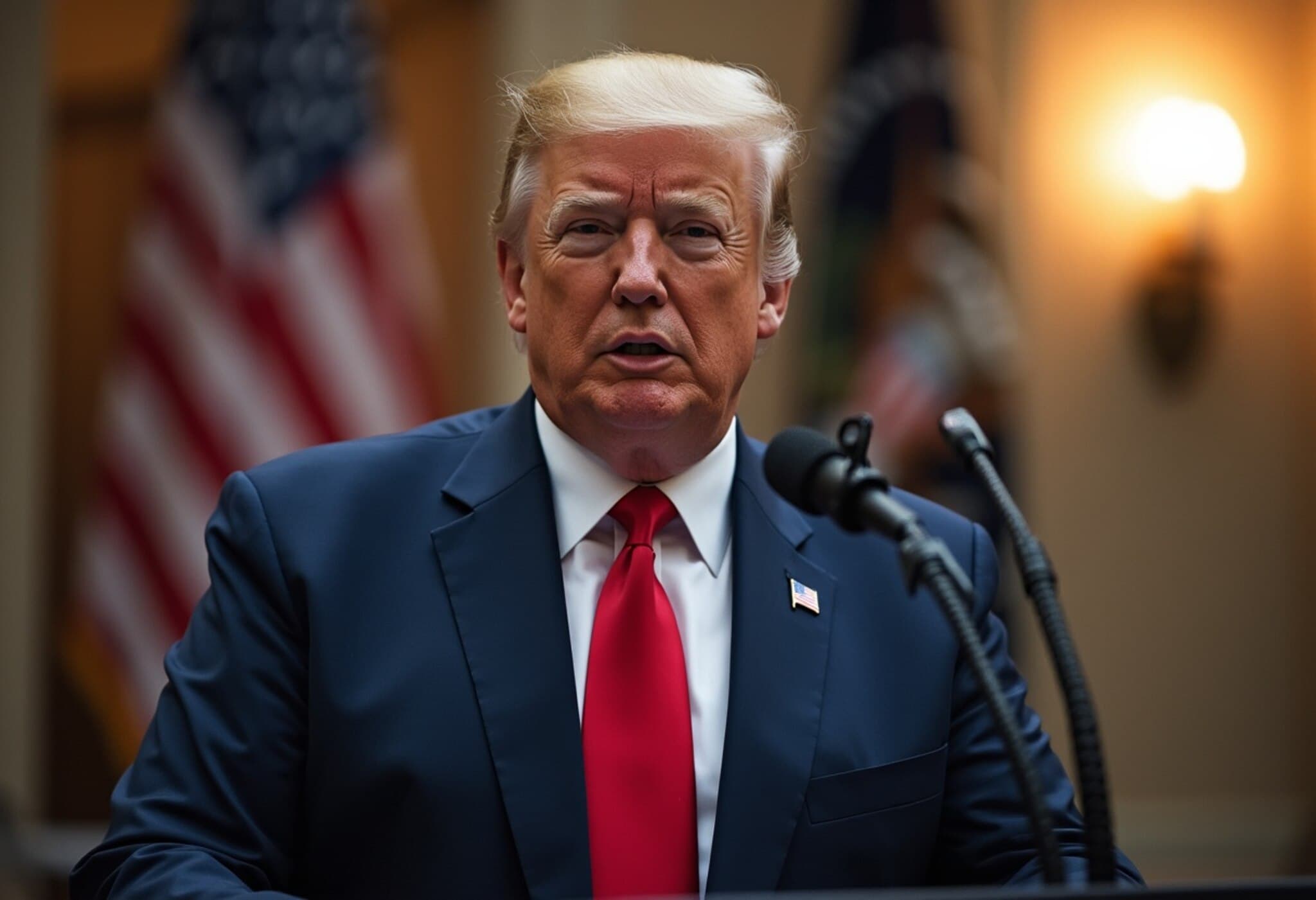Trump Signals Possible 200% Tariffs on Imported Pharmaceuticals
In a bold move that could shake the pharmaceutical industry, President Donald Trump announced on July 8, 2025, that his administration is considering imposing tariffs as high as 200% on drugs imported into the United States. Speaking during a Cabinet meeting at the White House, Trump said these tariffs would be implemented "very soon," though he made clear they would allow some lead time for companies to adjust.
"We'll give them a certain period of time to get their act together," Trump said, hinting at a window of approximately a year to year and a half before the tariffs take effect.
Commerce Secretary Signals Final Report Coming Soon
Commerce Secretary Howard Lutnick confirmed to CNBC that detailed studies on pharmaceutical tariffs, along with similar assessments for semiconductors, are concluding by the end of the month. "The president will then set his policies," Lutnick said, emphasizing that no final decisions have yet been made regarding the exact tariff rates or implementation strategies.
Context: Section 232 Investigation and National Security
This announcement builds upon the administration’s April launch of a Section 232 investigation, a controversial legal mechanism that evaluates whether imports threaten U.S. national security. This probe examines how reliance on foreign pharmaceutical imports could pose risks to American supply chains, especially for critical medications.
Experts note that domestic pharmaceutical manufacturing has sharply declined over recent decades, leaving the U.S. heavily dependent on imports for essential drugs.
Industry Reaction: Concerns Over Costs, Supply, and Innovation
Pharmaceutical companies have sounded alarms over the proposed tariffs, arguing that such steep levies could:
- Drive up drug prices for American consumers
- Discourage further investment in U.S.-based manufacturing and research
- Disrupt fragile global supply chains, risking drug shortages and harming patient health
An executive from a leading pharmaceutical firm commented, "While we appreciate the focus on strengthening U.S. production capabilities, tariffs of this magnitude could have unintended negative consequences across the healthcare system." Investors appeared cautious, as pharmaceutical stocks remained largely unchanged following Trump’s announcement.
Economic and Policy Implications
Trump has maintained that implementing high tariffs will encourage companies to relocate manufacturing facilities back on U.S. soil, a move aligned with his broader economic nationalism agenda. Several global pharmaceutical giants, including those from Europe and Asia, have recently increased investment in American manufacturing, attempting to diversify supply chains and mitigate risks exposed by the COVID-19 pandemic.
Nonetheless, imposing such aggressive tariffs raises complex questions:
- Will tariffs truly spur domestic production or push companies to raise prices?
- How might these measures affect patients, particularly those reliant on expensive, life-saving medications?
- What ripple effects could these policies have on healthcare innovation and the global pharmaceutical market?
Looking Ahead: What to Expect
Industry watchers and policymakers alike are awaiting the detailed findings expected later this month. As the administration weighs national security against economic and health outcomes, the balancing act is expected to be delicate.
With an election year on the horizon and healthcare costs remaining a top voter concern, the stakes surrounding pharmaceutical tariffs could not be higher.
Editor’s Note
President Trump's looming threat of 200% tariffs on imported pharmaceuticals highlights the tension between protecting national security interests and safeguarding public health. While reshoring drug manufacturing could enhance supply resilience, the risk of soaring drug prices and disrupted innovation looms large. As policymakers finalize details, stakeholders must consider whether tariffs represent a strategic safeguard or a costly gamble for American patients and the healthcare system at large.

